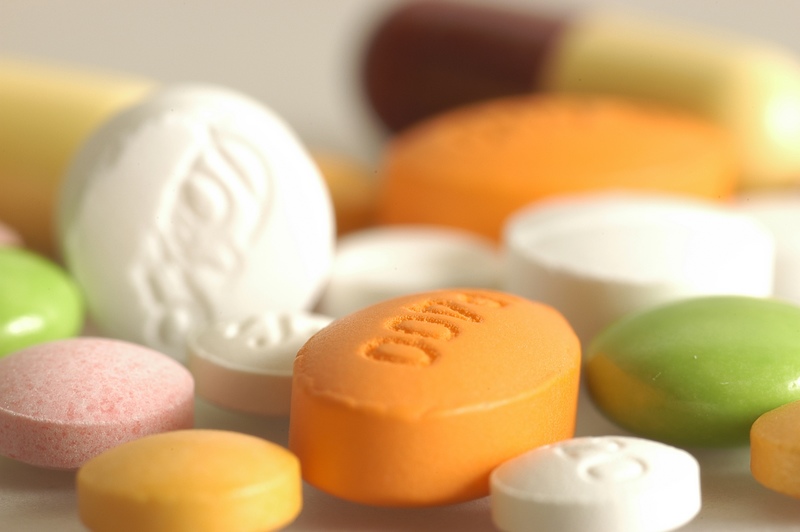
Here are some of the latest health and medical news developments, compiled by the editors of HealthDay:
Boston Scientific Recalls Heart Defibrillators
Heart defibrillator implants that weren’t made in compliance with U.S. Food and Drug Administration regulations are being recalled by medical device maker Boston Scientific.
The company said Monday that it had identified device production changes that weren’t submitted to the FDA, the Associated Press reported.
There’s “no indication that the manufacturing process changes pose any risk to patient safety,” according to Boston Scientific.
Implanted defibrillators monitor the heart for dangerous irregular heartbeats and use electrical shocks to restore normal heart rhythm. About one-quarter of implanted defibrillators used worldwide are made by Boston Scientific, the AP reported.
—–
Mitral Valve Clip Effective: Study
A tiny clip is safer and nearly as effective as open heart surgery for repairing leaky heart mitral valves, according to a new study.
U.S. researchers found that the MitraClip, which is implanted through an artery, was not significantly less effective than surgery after one year. Patients who received the clip were six times less likely to suffer complications in the month after their procedure than those who had surgery. The clip was associated with lower risk of stroke, blood transfusion and death, the Associated Press reported.
“We have opened the door for a new therapeutic option for patients,” said study leader Dr. Ted Feldman of NorthShore University Health System in Evanston, Ill. He presented the findings Sunday at an American College of Cardiology conference.
The study was sponsored by Evalve Inc., which developed the MitraClip. Feldman consults for Abbott Laboratories, which owns Evalve, the AP reported.
—–
High Lead Levels in Some Indian Food Spices: Study
Frequent use of some imported Indian food spices and religious powders may expose young children to high levels of lead, say U.S. researchers.
For example, one 12-month-old boy in the study was found to have lead poisoning from regular consumption of spices such as turmeric, black mustard seed and asafetida. His family stopped using the spices, and the boy’s blood lead levels went down within six months, ABC News reported.
Religious powders such as red “sindoor” — which is applied on the skin — are another major concern, said the researchers at the Pediatric Environmental Health Center at Children’s Hospital Boston.
They found that some of the religious powders imported from India are 47 to 64 percent lead, ABC News reported.
The study appears in the journal Pediatrics.
—–
Another Court Finds No Link Between Vaccines, Autism
A special federal court ruled Friday that there is not enough evidence to support a link between childhood vaccines and autism in three separate cases, CNN reported.
Debate has raged over whether routine childhood vaccines containing a mercury preservative, thimerosal, might help trigger autism. Thousands of parents have sought compensation from the Department of Health and Human Services’ Vaccine Injury Compensation Program, set up to compensate people harmed by vaccines. At the same time, a number of rigorous studies have found no connection between pediatric shots and autism.
The current three cases were submitted by parents who claimed that vaccines containing thimerosol caused or contributed to their child’s autism spectrum disorder.
Early in 2009, another federal court ruled out any such connection because of lack of evidence.
However, in a prior well-publicized case involving Hannah Poling, a child with autism, the Vaccine Injury Compensation Program found in 2007 that shots the girl received when a toddler did “significantly aggravate” some underlying condition that may have predisposed her to autism, CNN said.
The Program’s decision to compensate was seen as vindication of the vaccines’ link to their daughter’s condition, the Polings said at the time.

